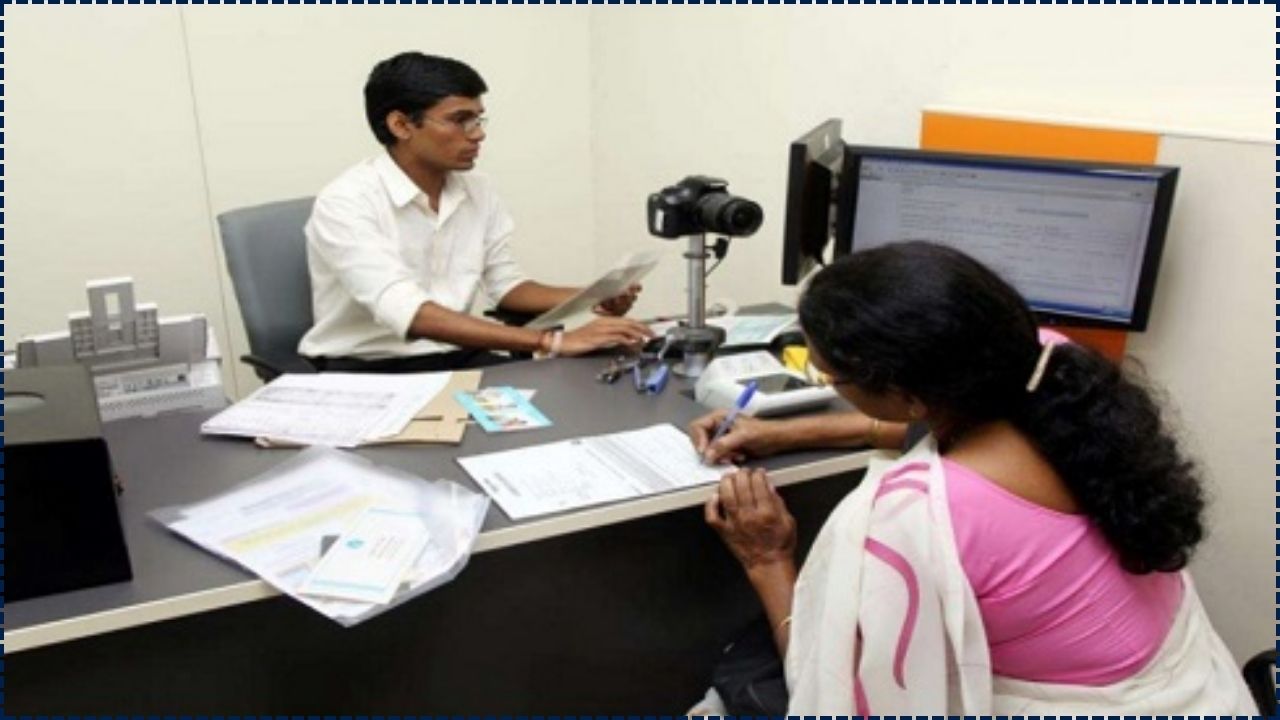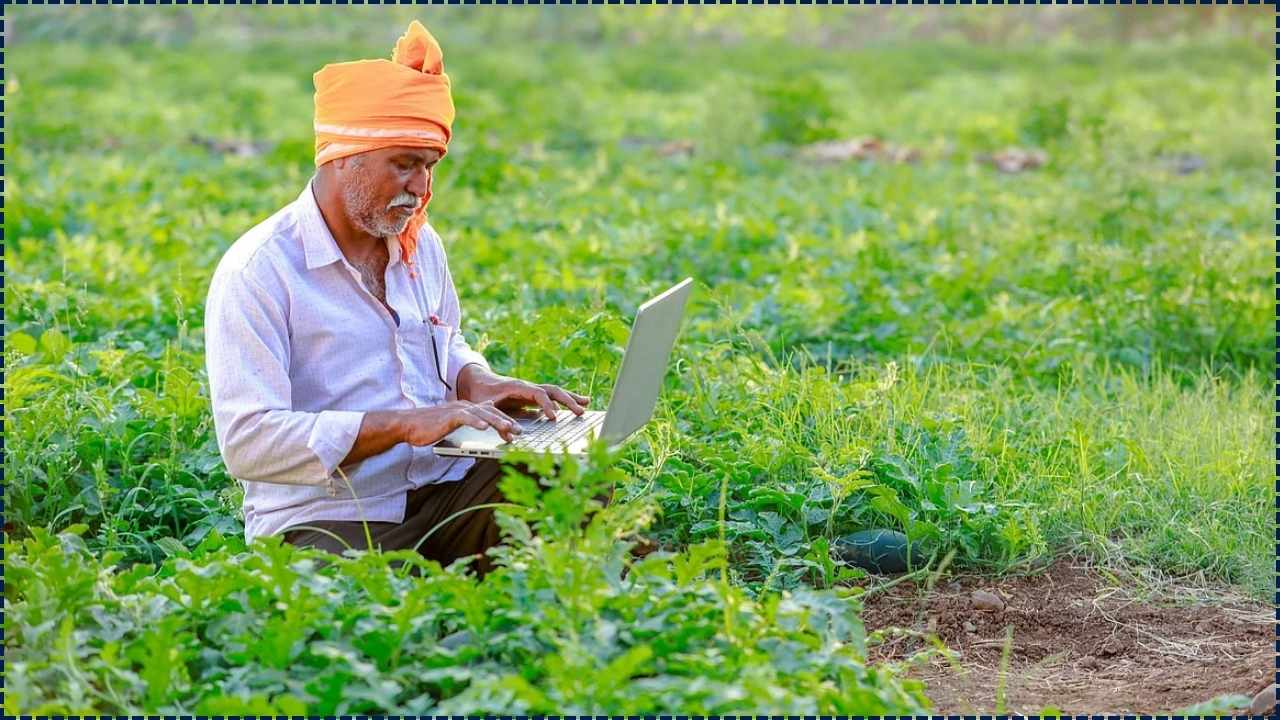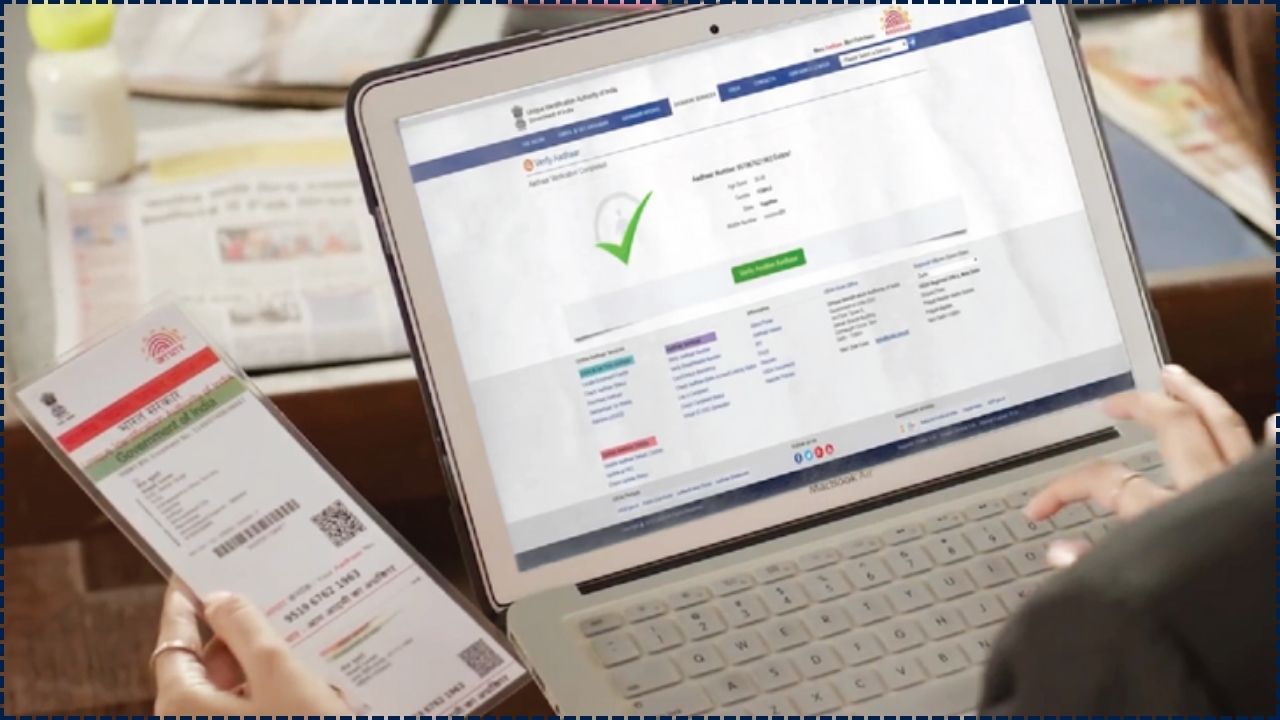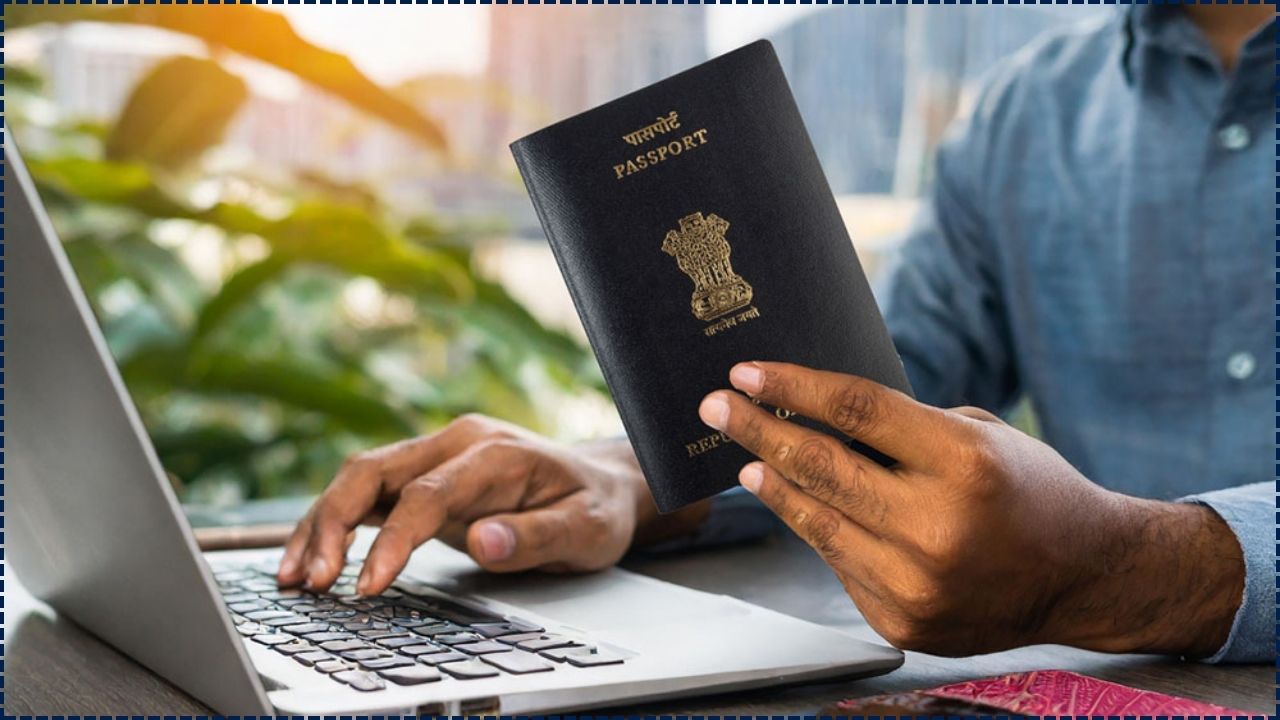India’s online land mutation status check facility embodies a compassionate commitment to fostering transparent land governance, empowering citizens, particularly those from marginalized and rural communities, by streamlining access to property ownership records with dignity and efficiency. By significantly reducing delays, this digital initiative strengthens trust in the system, ensuring individuals can secure their rightful claims to land and associated opportunities with ease.

While challenges in digitization and accessibility persist, addressing these gaps reflects a shared mission among authorities, communities, and citizens to create an inclusive, equitable digital ecosystem that upholds property rights, nurtures hope, and builds a more secure, prosperous future for all across India.
Property ownership records in India are being increasingly digitised under government e-governance initiatives. Citizens can now check land mutation status online in their state, reducing delays and visits to revenue offices. The digital process brings transparency, allowing landowners to track applications in real time.
What Is Land Mutation?
Land mutation is the process of updating revenue records when a property is sold, inherited, or transferred. It ensures the new owner’s name is officially entered in government records.
According to the Ministry of Rural Development, mutation is critical for establishing ownership, paying property tax, and avoiding disputes. Without mutation, the old owner may continue to be liable for taxes, and buyers may face legal complications.
Guide to Checking Mutation Status Online
Visit the Official State Portal
Most states have dedicated land records websites such as Bhulekh, Jamabandi, Bhoomi, or Mahabhulekh. These platforms host ownership and mutation data.
Locate the Mutation Status Service
Under the “Citizen Services” or “Land Records” section, find options such as Check Mutation Status, Track Mutation Case, or Dakhil-Kharij Status.
Enter Required Details
Applicants typically need to provide one or more of the following:
- Mutation case/application number.
- District, tehsil, and village details.
- Survey number, plot number, or Khata/Khatoni number.
- Owner’s name as per deed.
View Status and Records
The portal will display the current stage—application received, under verification, approved, or pending documents. Some states allow downloading of receipts or certificates.
State-Specific Examples
- Karnataka (Bhoomi Portal): Citizens can check mutation requests linked to their Record of Rights, Tenancy, and Crops (RTC).
- Haryana (Jamabandi Portal): Provides a “Check Mutation Status” service where district and survey details are entered.
- Maharashtra (Mahabhulekh): Displays mutation entries through 7/12 extracts accessible online.
- Goa (Survey & Land Records Department): Has a dedicated mutation status tracker requiring subdivision or case number.
An official from the National Informatics Centre (NIC) explained: “These state-level portals are designed to integrate with the Digital India Land Records Modernization Programme (DILRMP), ensuring uniform access and transparency.”
Required Documents for Verification
While checking status requires only digital inputs, the initial mutation application usually requires:
- Registered sale deed or gift deed.
- Copy of will or succession certificate (in inheritance cases).
- Latest property tax receipt.
- Identity proof of applicant.
According to land revenue officers, delays often occur when submitted documents are incomplete or not aligned with registered deeds.
Related Links
Registering for GST Online in India: Step-by-Step Process for New Businesses
How to Track Your Income Tax Refund Status Instantly Online
Applying for a Learner’s License Online in India: Everything You Need to Know
Benefits of Online Mutation Tracking
- Transparency: Citizens can monitor progress without intermediaries.
- Convenience: Eliminates repeated visits to revenue offices.
- Dispute Prevention: Ensures ownership is updated quickly, reducing litigation risks.
- Integration: Many portals link with Aadhaar and digital payment systems for seamless service.
Challenges and Concerns
Despite progress, gaps remain in coverage and access. Some states have fully digitised records, while others still rely on manual updates. Connectivity issues in rural areas can also hinder online access.
Dr. Meera Krishnan, urban governance researcher at the Indian Institute for Human Settlements, noted: “Digitisation is a positive step, but for inclusivity, awareness campaigns and local assistance centres are essential to bridge the digital divide.”
















